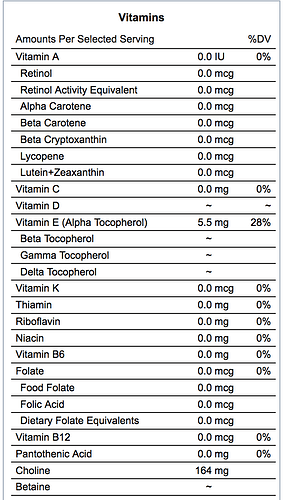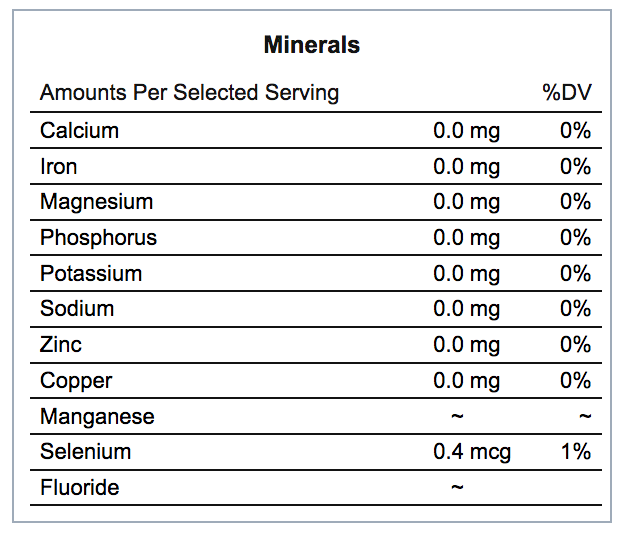Energy, a calorie, is a nutrient, the most essential nutrient.
People can eat pounds of vitamins and minerals every day and die of malnutrition. They would starve to death.
We have, as a population, been so inculcated to the weight loss model of a calorie is a calorie, calories in calories out, the thermodynamic model of weight loss, that there is a basic bias against considering energy, calories, as a nutrient, but we can no more live without essential calories then essential amino acids or essential fatty asides.
Think about this, if animal fats, or even nasty sugars, are just empty calories because they lack micro nutrients, then cauliflower and broccoli are just empty vitamins because they have almost no energy content. We need energy more than anything else to survive. Energy from either our food or from energy consumed in the past that we stored in our body. I think it a mistake to continue to propagate the falsehood that there is anything at all wrong with eating calorie dense foods, energy is a nutrient. This way of thinking leads many people to think they should eat lower energy foods in preference to higher energy foods, carbohydrates and proteins over fats. It is a dietary bias that tends to erect a barrier against people moving toward a ketogenic diet. A bias constructed, at least in part, by the diet-heart hypothesis to encourage people to eat low fat.
There is nothing at all wrong with buying high fat ground beef, and consuming the fat. That fat is likely the best part of the meal, the most nutritious. If I could only eat one cup of food each day, I would happily select a cup of beef tallow, 1850 kcal, over a cup of broccoli, 30 kcal, because I would live a lot longer on the former, the former is far more nutritious.
Keto for Life!
Best Regards,
Richard











 Minimum-effort “chili.” I add hot sauce.
Minimum-effort “chili.” I add hot sauce.